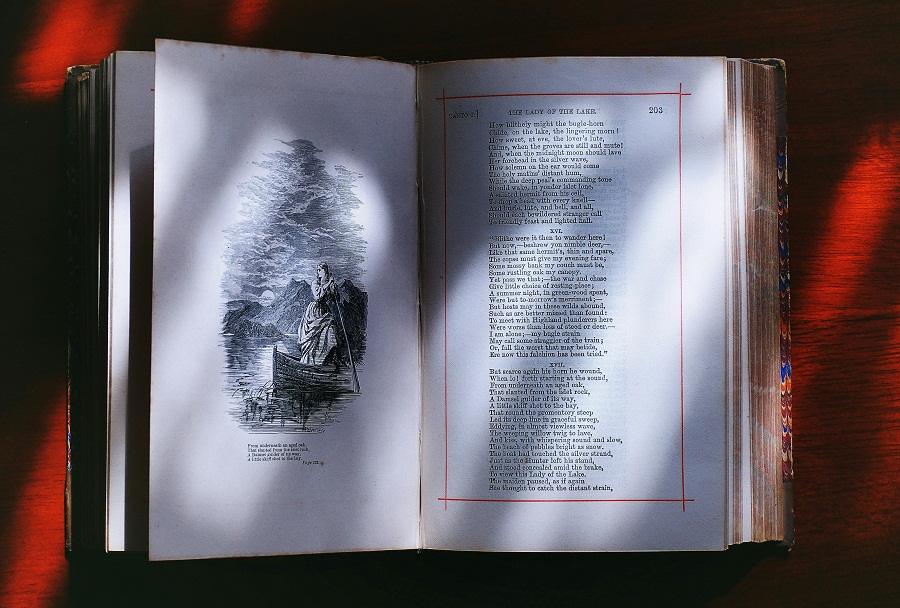How does poetry uplift us in a world dominated by technology?

Published :
Updated :

In a recent Atlantic article, we learned that an MIT professor was surprised to discover that some of his students had created a club—The People's Poetry—to write poetry in their leisure. They are the top STEM students, known as 'certifiably nerd' to the rest of this 'Gen-Z'; even they need poetry.
The professor wrote, "One of the highlights of my first three years as a literature professor at MIT—and indeed, of my 15-year career as an educator—has been the recent discovery that some of my students, past and present, formed an arts collective, The People's Poetry."
Even in the early 1960s, the reading series Poetry From M.I.T. explored the relationship between a strong technical education and the pursuit of the good and the beautiful.
This reminds us of how the high school kids from Dead Poets Society started their secret club. Mr John Keating explained the importance of poetry perfectly, "We don't read and write poetry because it's cute. We read and write poetry because we are members of the human race. And the human race is filled with passion. And medicine, law, business, and engineering, these are noble pursuits and necessary to sustain life. But poetry, beauty, romance, love, these are what we stay alive for."
And thus, the students, who were otherwise interested in technology, business, and medicine, started to engage in poetry to express themselves.
Let's imagine two scenarios from the 2000s in Bangladesh. A 12th-grade girl is reading Shesher Kobita by Rabindranath Tagore while noting down the poetry by Labanya and Amit. She turns the pages through as she giggles, blushes, and feels that she's somewhere else.
2020s in Bangladesh. A 12th-grade girl is watching a Korean Drama on Netflix; sometimes she smiles through the screen, but other times her head aches, and she misses her roots in the show she's been watching.
In the 1980s and 1990s, young adults would write letters to loved ones, often hiding them from their parents.
They would incorporate literature into their letters, and some passionate lovers would even spend their days writing poetry to recall their loved ones.
They recited poetry as the verses dripped off their tongue like honey. However, as the world becomes increasingly immersed in technology, it misses out on genuine emotions.
Arifur Rahman, a student of Electronic and Computer Engineering at RUET, said, "While I chose my major most ardently, I have always admired literature and poetry dearly. Perhaps this is where people draw the line incorrectly. Poetry amplifies our minds' creativity, and that helps us contribute in other sectors."
On the other hand, some tech students are creating their own way to merge poetry, culture, and technology.
Software Engineering student at the University of Dhaka, Sakib Ahamed, wants to bridge the gap between the two opposite ends of the spectrum. Sakib said, "Our society seems to think that you either follow culture, poetry, literature, and stuff, which by the way are being portrayed as the non-important substances of life, or you follow technology, medicine, etc., which they think are superior. However, I want to build a bridge between the two, connecting both ends to a middle point."
As this generation is swamped chiefly by technologies from their childhood, we can only imagine what goes on with millennials and boomers who grew up with a multitude of different life experiences.
While poetry allows us to enjoy things at our own pace, drama enables us to enjoy things at their own pace. And this is why, in a world dominated by technology, we still turn to poetry to enjoy things at our own pace, with our own imagination.
khalidsaifullahkhanjuel@gmail.com


 For all latest news, follow The Financial Express Google News channel.
For all latest news, follow The Financial Express Google News channel.